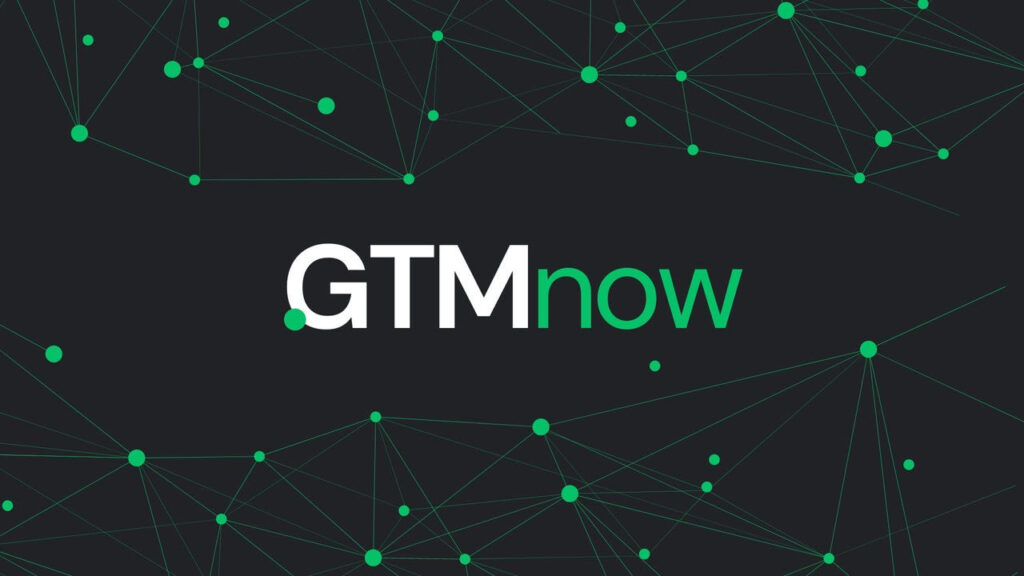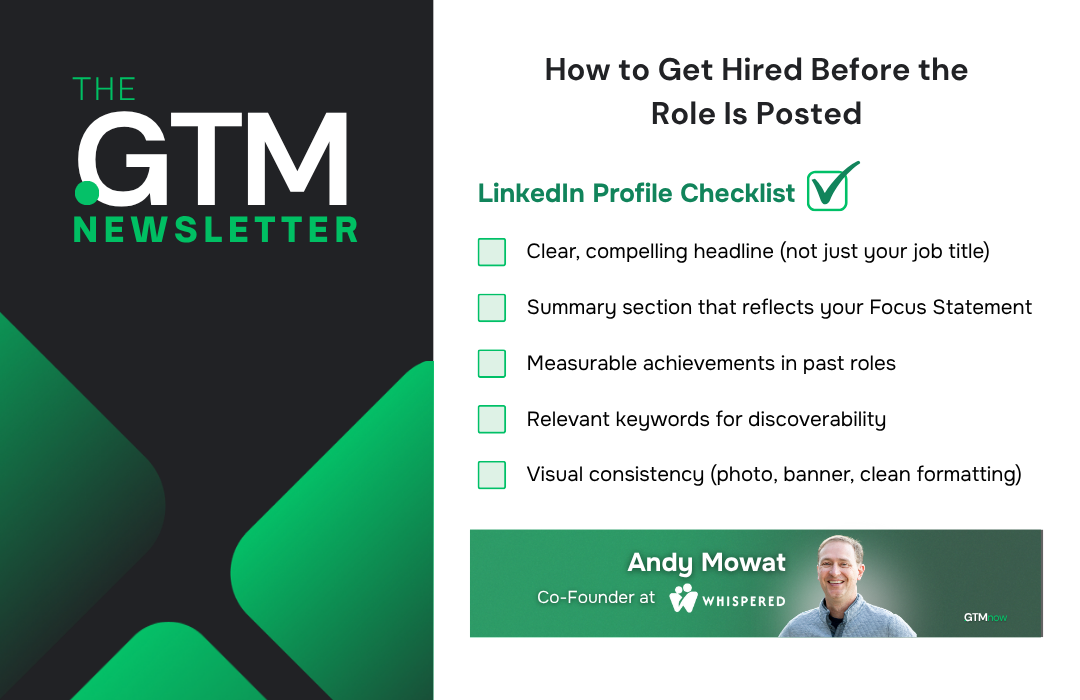As salespeople, we’re naturally resilient. Every day we recover quickly from the many rejections we receive from prospects, clients, and the market, only to hop on a call and get rejected again.
It’s part of our DNA to keep going despite adversities. Our current situation is no different.
No one saw the coronavirus crisis coming, but that doesn’t mean we have to let it beat us. More than ever, it’s time to roll up our sleeves and tackle the situation.
Let’s look at how you can adapt to the new sales environment brought on by COVID-19, so you can continue to serve your partners, clients, and team members in this difficult time.
Selling in Times of Crisis: How to Adapt
Our current health crisis is a delicate subject, and it’s still so new, there isn’t yet a clear right or wrong way for businesses to respond.
While many people believe businesses should completely shut down, we understand that the economic impact on businesses and families will be even worse if companies stop buying and selling completely.
Just like in any crisis, some industries will be devastated by the impact of the pandemic, but the companies that are less affected — such as the B2B software industry — have a responsibility to keep the economy flowing.
That said, no industry is unscathed. Even the B2B software industry has been seeing a massive hit regarding trade shows and industry events. Many events are being canceled or turned into virtual conferences. The value we derive from these events — namely face-to-face networking, leads, and engagements — is no longer possible.
It’s a time of uncertainty, sure, but we all still have targets to meet. We still have to find ways to fuel the sales funnel.
RELATED: Keep Your B2B Sales & Sanity Intact During the Coronavirus Outbreak
Fear and uncertainty will retract the market, and organizations will see a smaller influx of inbound leads.
So, how can you adapt to this new reality?
Businesses need to be creative and quick to rise to new challenges while still supporting their team members, partners, and clients as much as possible. I’m going to share with you a two-step approach to selling in an uncertain market that won’t just help you in our current crisis but will prepare you for future ones as well.
A Two-Step Approach to Selling in an Uncertain Market
The first step to preparing for an uncertain market is to acknowledge what your losses are likely to be. For example:
- How many leads were you forecasting from inbound activities or trade shows?
- What is the pipeline gap you will have without these activities?
The second step is to come up with a plan to fill that void. This will be slightly different for every organization, but In response to COVID-19, we’ve typically seen companies switching their focus to two channels:
- Digital — webinars, digital advertising, content, etc.
- Proactive outreach / outbound prospecting — A more tailored, human approach to getting in touch with prospects via phone, email, or social.
When it comes to outreach and prospecting, there are three things that can make a difference. These are minor shifts, to be sure, but they need to be taken into consideration.
Empathy — We are all human beings, and all of us are struggling to adjust to our new reality. Be aware, the person you are reaching out to may have a close friend or family member that just lost their job or, even worse, is ill. The first thing to do in your outreach is to be human, address the issue, and feel the vibe of the conversation.
Tone — The tone you strike is fundamental in your approach. If you sense that the person on the other side of the line is not open to a conversation, back up. Don’t be too pushy.
Patience and resilience — Some people won’t take it well that you are still trying to drive business during tough times. You will have to be even more resilient and work even harder to get into conversations that are open and interactive.
Okay, now that you know how to approach sales in a time of crisis, let’s look at three things you can do to be more effective.
1. Conduct outreach carefully and tactfully
When planning who to reach out to, switch your focus away from industries that have been particularly affected. Going after verticals like hospitality, insurance, tourism, health, etc., is insensitive and could massively damage your company’s reputation.
As such, doing your research is even more fundamental than before. You don’t want to accidentally reach out to a company that’s been seriously affected and try to sell to them as if nothing has happened.
Instead, think about how your solution can add value to industries that may struggle to cope with the demand (retail, e-commerce, internet solutions, etc). If there is a genuine way your company can support these industries, reaching out to them with the right message will be relevant and appreciated.
RELATED: Consultative Selling Techniques: 6 Ways to Earn Trust and Sell More
Even better, show solidarity and potentially offer your solution for free to certain industries that can use it to tackle the crisis.
2. People are more open to talk
Currently, most people are working from home. That means they are much more receptive to interactions and are usually happy to talk.
Now is the time to build relationships and have real conversations with your prospects.
Talk to people, listen to their challenges, understand their point of view, and empathize with their situation. Whenever they need you or your solution in the future, they will remember you. So, put all of your efforts into these calls. They will be crucial for your success in the future, even if not right now.
3. Look after your customers
In times like these, when business slows down, it’s important to look after your customers and make sure you’re providing them with the value they need. It is an opportunity to get closer to your clients and strengthen those relationships.
Understand the challenges they’re facing, and be flexible in your business terms. Once this all is over — and it will be — they will remember the companies that stood by their side.
What is your company doing to keep business going while keeping staff safe and healthy? We’d love to hear your thoughts.







